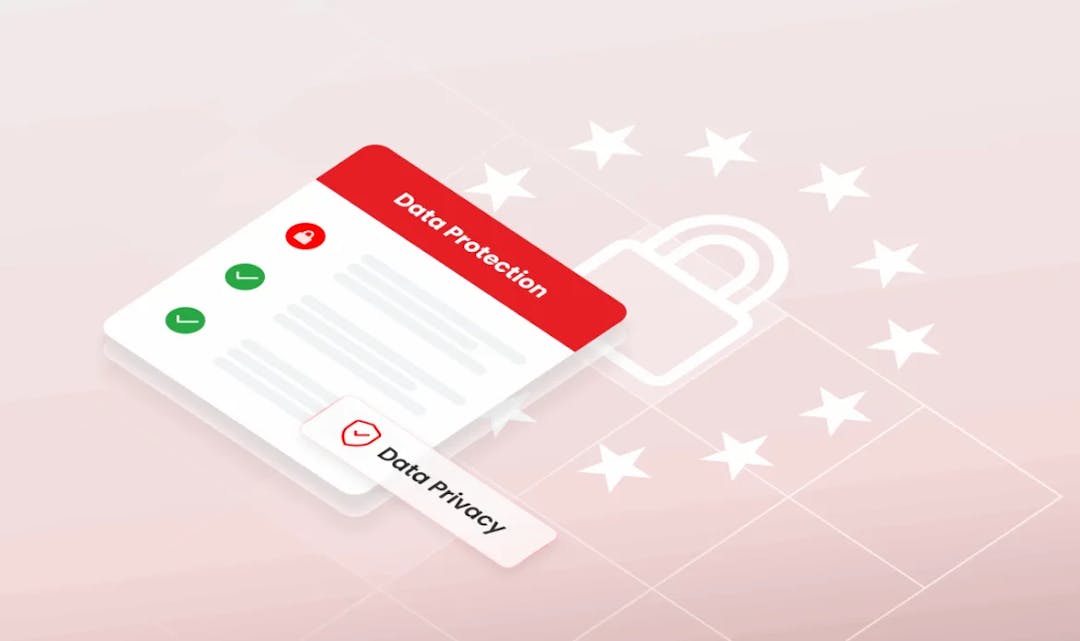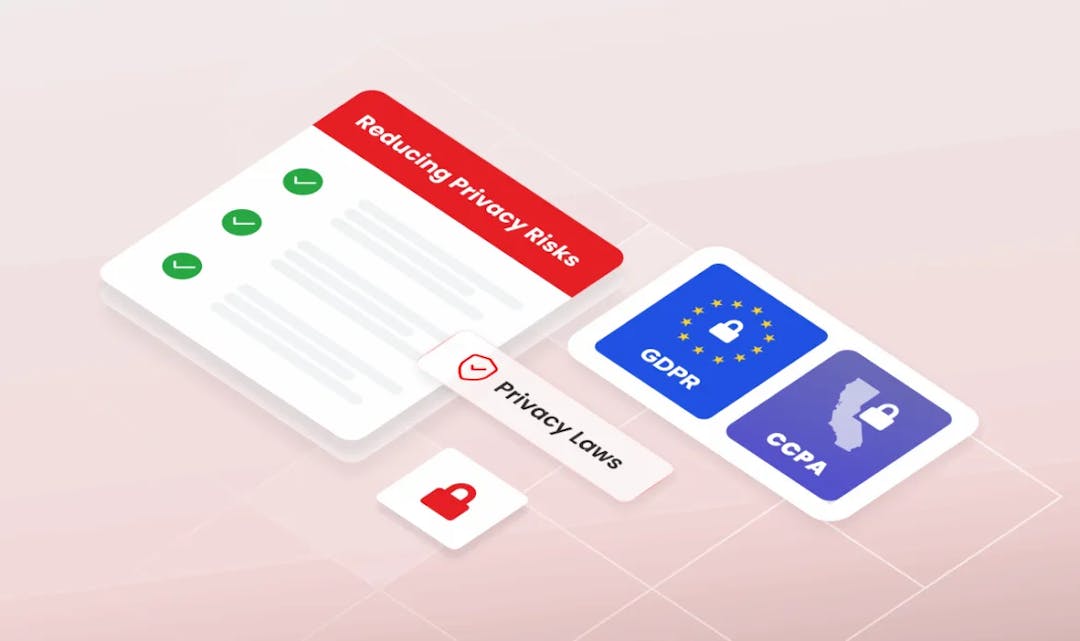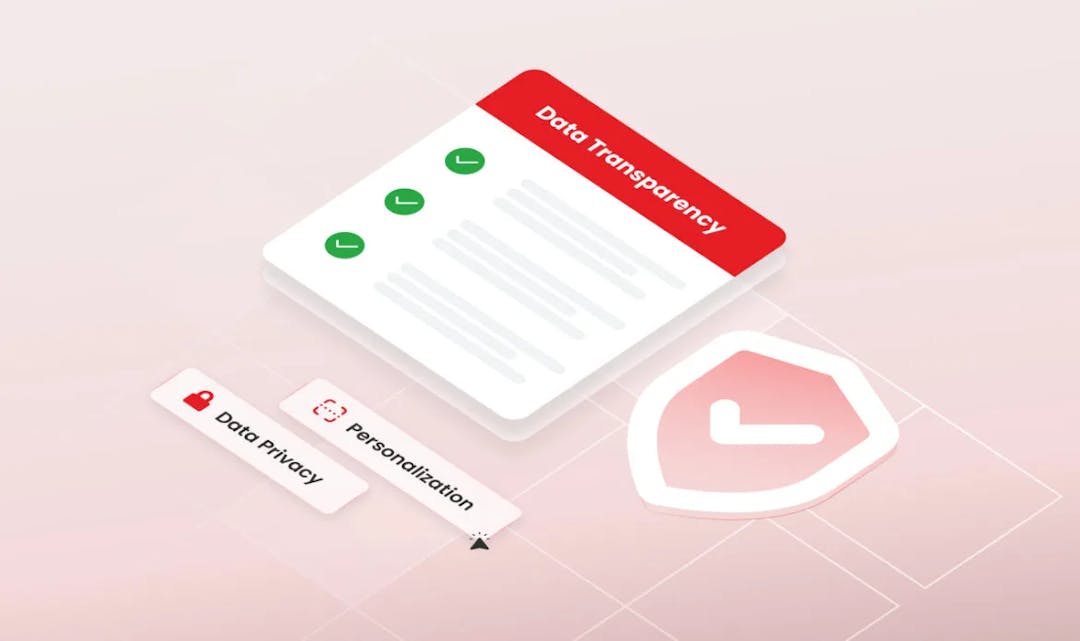
It’s easy to talk a good game about giving consumers control over their data and being committed to transparency beyond just compliance. But reality doesn’t always line up with the talk. According to new analysis from Consumer Reports, a US-based nonprofit consumer organization, companies may brand themselves as privacy champions but in reality, they don’t do much in practice to give consumers control over personal data and may well be circumventing data protection and privacy laws.

The data protection and privacy landscape is increasingly challenging for businesses and their digital marketing efforts. Most companies are familiar with GDPR and CCPA and similar measures to protect data and give consumers control over the data they share. And the European Union is in the process of introducing simplifications to GDPR to make the compliance burden easier for businesses trying to maintain their competitive edge. But, at the same time, privacy law is many tentacled and more than just GDPR. In the convoluted world of using the law creatively, enterprising law firms have applied existing, older laws to contemporary data protection problems to introduce lawsuits claiming that modern marketing tools, like pixels, cookies and chatbots, constitute violations of a variety of invasion of privacy statutes.

Data privacy and protection is critical for businesses, and their compliance with an ever-evolving regulatory landscape is the invisible hand ensuring that the flow of data continues. For consumers, too, data privacy is a growing concern, but understanding exactly how their data is collected and used is not entirely clear to them.

Personalization is the bread and butter of most companies’ marketing strategies. Personalization, according to BCG research, contributes up to 30% in marketing cost reduction and 20% to revenue increases. Effective personalization relies on access to consumer data, which is becoming more difficult for companies to source.